Ah, the question is as old as time. How do you sustain yourself, when it’s up to you to, you know, sustain yourself? In more modern parlance, particularly interesting to those of us without a 9-5: How do you find work as a freelancer?
Fede Ponce is not only one of the nicest and most humble people you’ll meet in this business, he’s also got lots of smart things to say. So we let him do just that. Please watch below for the latest installment in our interview series with director/illustrator/creative director Fede Ponce. Having worked – as a freelancer – on high-profile and demanding projects such as Iron Man, Avengers, Thor, The Twilight Saga (the list goes on), we trust that he knows what he’s talking about.
Many more videos like this one are waiting for you in the archives – and more are being posted all the time. Be sure to subscribe to our Youtube channel and/or newsletter for the latest from the greatest.
Read Transcript “Why Create a Graphic Novel for Your Movie?”
Federico: The way the Sebastian project came about, the way that idea sort of originated, was that it wasn’t like I woke up one day and I was like, “Oh, I’m going to make a movie about this.” It didn’t really work out that way.
Federico: Frankly, in my mind it shouldn’t work that way. You should always just want to tell stories, and then let the stories find their own way. So what happened was, I have a little brother and he lives in a different country, so when he was very, very young it was very difficult to deal with separation, whenever I had to come here to LA. So I started telling him stories at night. And then in the morning I would go back to him and say, “Hey, man, do you remember this thing, this adventure we did last night?” And he was like, “No, man I don’t remember,” and I would retell the story. He was like, “Oh, yeah, I remember,” you know, because he wanted that bonding, too.
Federico: So, I started telling him all these stories about two brothers that would go into the dream world and have these adventures together. And every night, man, new story, new story, new story. And that at some point became a giant world. And then, you know, at one point he was like not into it anymore, he grew out of it, which is fine.
Federico: But during that process it let us bond and you know, it was a very cool experience. But what happened was that, I think a lot of the stories that I had in my mind that a lot of my life experience that was in my subconscious bubbled up in those stories and in a way I kind of knew, you know, I was like, okay, I’m not going to be around for this guy’s life a lot, because, you know, I live here, he lives there and we’re not going to see each other that, I wanted the time with him to be really valuable, you know?
Federico: So how can I tell him about life without like boring him, and without, how can I tell him about my experience about life without boring him to death and giving him lectures? So I’m just going to tell him these stories.
Federico: And so each story always had a moral. And it was like his mission to tell me what the moral was. And sometimes he would find his own moral in it, which was great. It was never like a fixed thing. But it was a very flexible process and so that’s how it started. That’s the core of it. And so, you know, these stories sort of stuck in my mind for years and then I just started writing them. I just started writing these stories and there was no linear, there was no arc to them. It was just sort of, it was like a dream. It was really like a dream.
Federico: I would one day write a piece of the story and then another time write another piece of the story and there were not connected at all. And then one time a friend of mine saw them and read them and he said, “Boy, these are really good. You should really string these into a story, into a cohesive story.” And I was like, okay, yeah, think so. I think I can do that.
Federico: And so I started writing, but at the time I didn’t have any technical training on script writing. I had never taken courses. I mean, it was just raw, raw writing. So I didn’t know what the right medium for it was. I didn’t know if I should write a graphic novel, a script, or what? So, I just started writing and then I was like, okay, I thought, okay, I’ll write a book and I was just like writing these chapters and it didn’t work, and so I just kept writing stories as they came and then try to tie them together. And then eventually I was, because of the graphic design and the illustration and all that stuff in my life, I was like, well, I should be illustrating these.
Federico: So I started illustrating the characters and then I was like, some of the moments in the story are pretty cool. I’m going to start illustrating them. So it was very organic, man. I never really set out, and I’m not saying that that has to be that way, this is just my personal experience. But it was always like following that organic path, you know?
Federico: So I was like, wow, this could be a graphic novel. So that’s how that graphic novel started. I would say the advantage of the graphic novel over the movie, you know, writing a film, is that when you’re writing your own book, your own novel, you own graphic novel, you just have an endless world of mythology to develop and back stories and all these different relationships between characters. And it’s a sandbox. You can explore anything you want, right? This is your world, you can explore anything you want.
Federico: Whereas if you’re doing a movie, you’ve got 90 minutes or a 120 minutes to, you know, tell the story. So you’re not going to tell an entire story. You might grab a section of it and take snapshot of that section and tell that part of the story. But that’s why it’s very powerful. If you want to get into graphic novels, do it. I mean, it’s, you know, there’s no limit.
Federico: You write as deep as you want to write. And the deeper you go, the more complex you go, the richer, and not complexity for complexity’s sake, but, you know, the real, the complexity that comes from just naturally evolving characters. You know, that the more, the more mythology you create around your story, then when you take a snapshot of it and you make a video game or you make a movie about it, it becomes a lot richer.
Federico: And that’s why all these movies, you know, they’re basing their stuff off comic books. And that’s why there’s a giant following to create movies out of books, 50 Shades of Grey, the Twilight thing, da da da da da. Because they can take a snapshot of a very deep mythology and just put it on screen. I mean, I’m not saying it’s easy, I’m just saying you have a lot of material to work with.

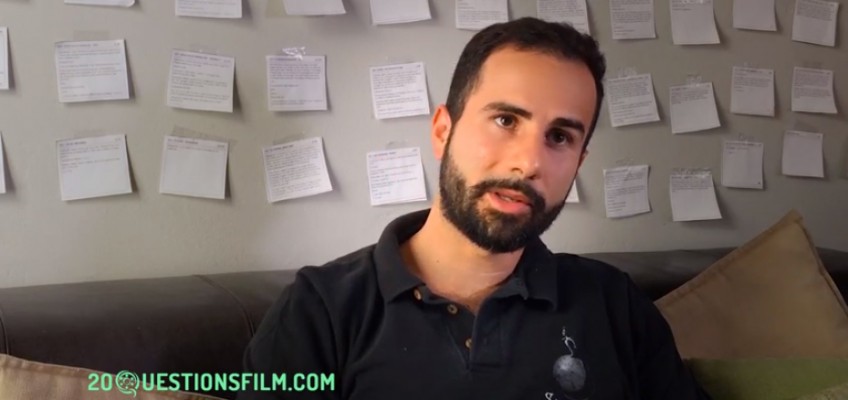
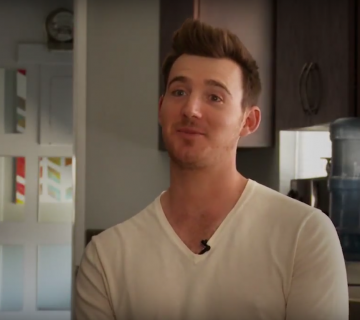
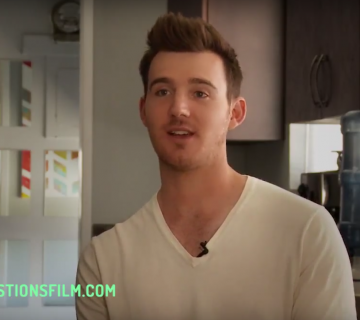
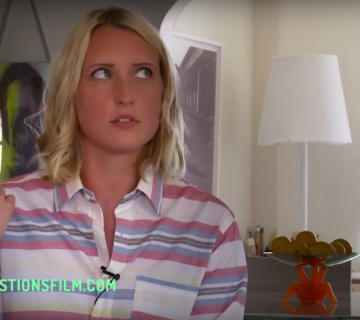
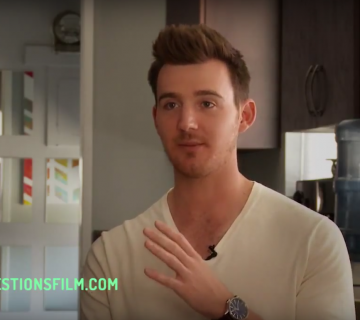
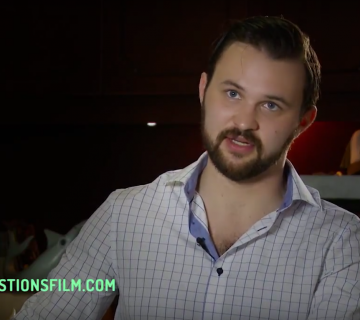
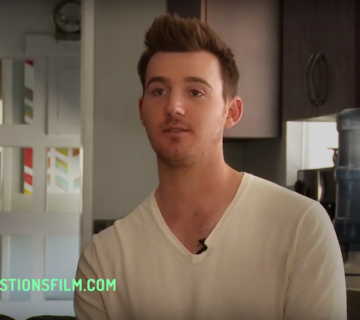

Join the Conversation →